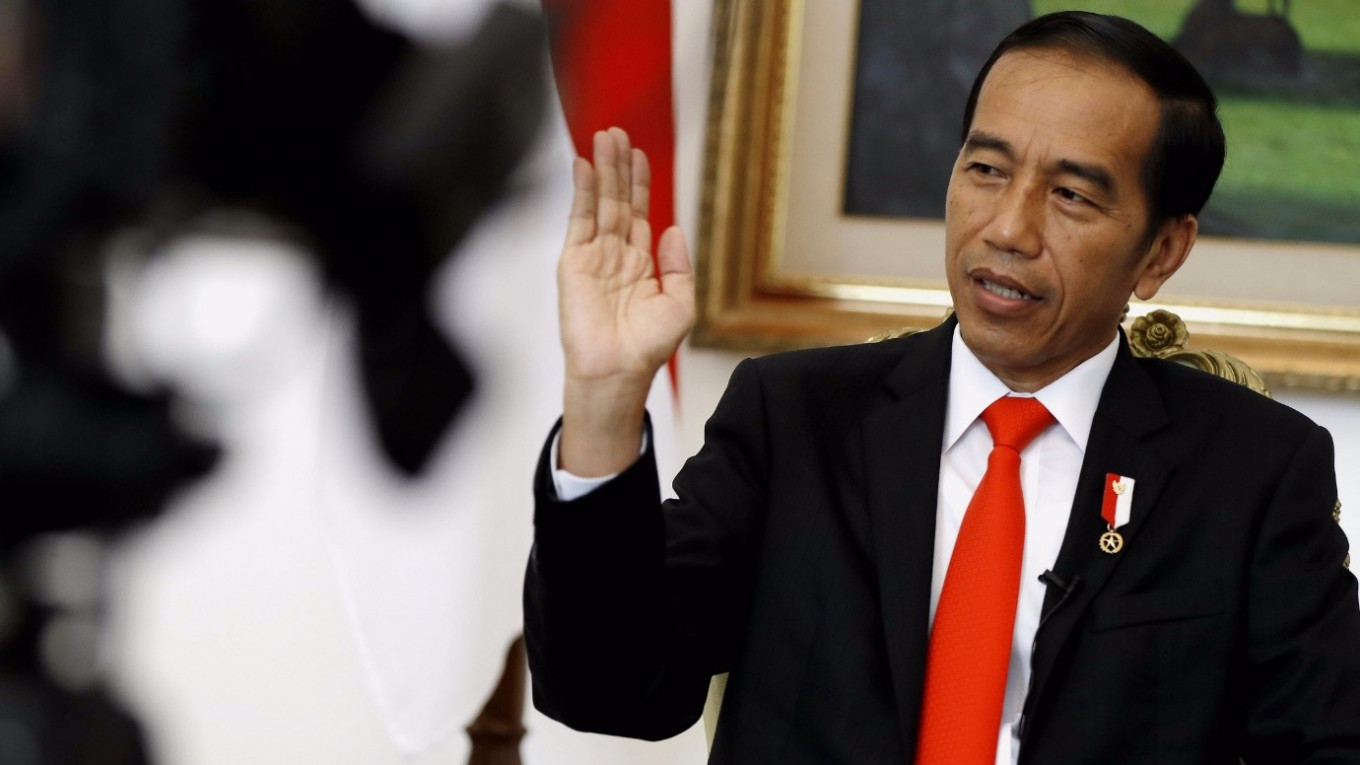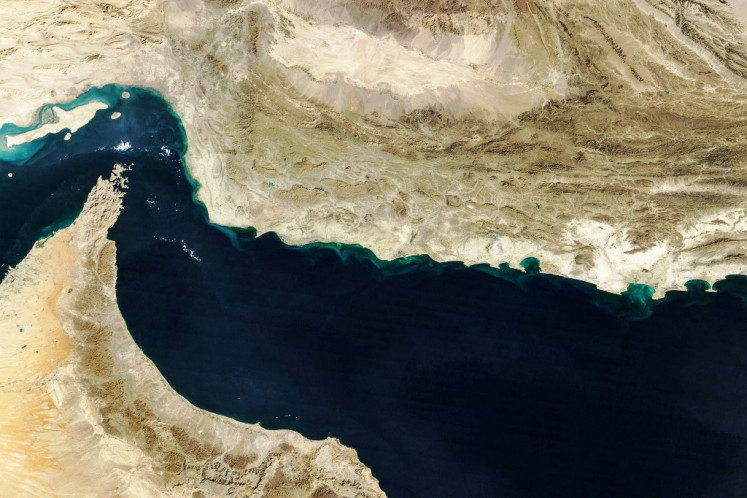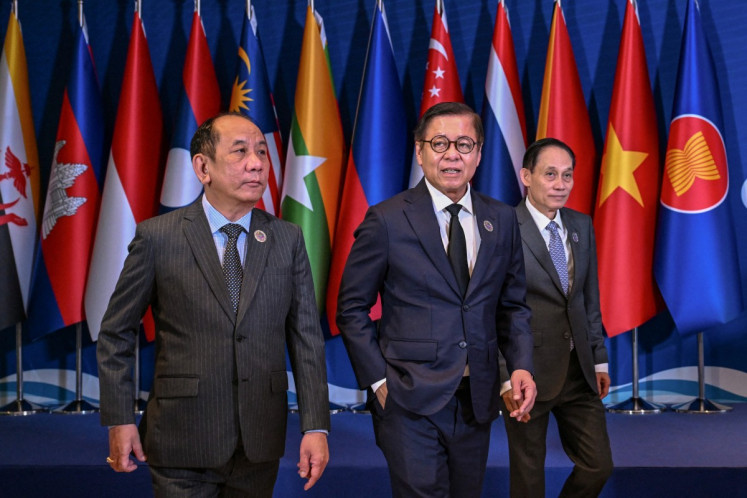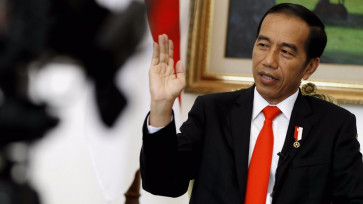Popular Reads
Top Results
Can't find what you're looking for?
View all search resultsPopular Reads
Top Results
Can't find what you're looking for?
View all search resultsAnalysis: Jokowi looks for next political vehicle in PSI
Change text size
Gift Premium Articles
to Anyone
A
lthough no longer in office, former president Joko ‘’Jokowi’’ Widodo appears and intends to play a significant role in national politics, as evident in the frequent encounters between him and his successor, President Prabowo Subianto, and the presence of over a dozen of his “men” in the current cabinet. In the latest gambit to remain relevant in the political theater today and beyond, Jokowi has proposed that the Indonesian Solidarity Party (PSI), which is led by his youngest son Kaesang Pangarep, shift toward a “super open” party in its upcoming congress in May.
Many have speculated that Jokowi’s advice about the future of the PSI reflects his bid to come back to practical politics through the minority party, which is part of the ruling coalition, after he was officially dismissed from the Indonesian Democratic Party of Struggle (PDI-P) earlier this year. For nearly two decades, Jokowi had relied on the PDI-P backing in his quest for office, as a mayor of Surakarta in Central Java in 2005-2012, governor of Jakarta in 2012-2014 and president in 2014-2024.
After Jokowi and the PDI-P parted ways ahead of the February 2024 elections, the former president has been linked to a move to several political parties, especially the Golkar Party, which named him and his eldest son Vice President Gibran Rakabuming Raka honorary members in December 2024, albeit informally. Several Golkar sources have said that party chairman Bahlil Lahadalia once offered Jokowi a post in the party’s structure, but the former president refused to take it.
Jokowi holds no position in the PSI’s structure, but his statement about the party’s transformation speaks volumes about his readiness to return to politics. Jokowi said the PSI should adopt an open mechanism to elect its leader and in its day-to-day organization, which characterizes modern parties around the world.
Kaesang welcomed his father's suggestion but stopped short of confirming Jokowi’s possible entry to the party.
Kaesang catapulted to the party’s chief post in September 2023, just two days after he joined the party. Under Kaesang, the PSI formalized its alliance with the grand coalition to help Prabowo and Gibran win the presidential election. The PSI’s hope of securing the parliamentary threshold, however, did not materialize despite its tactic to lure Jokowi’s supporters to vote for it in the legislative election.
Former PSI politician Guntur Romli, who has shifted allegiance to the PDI-P following the former’s support for the Prabowo-Gibran ticket, deems Jokowi’s move to be meant to protect Kaesang’s weak leadership in the party.



















